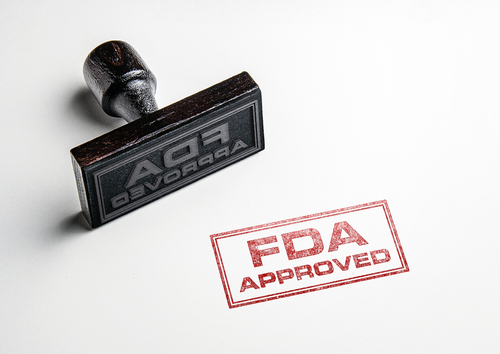
Expectant and recent mothers often choose to forego antirheumatic drugs to treat inflammatory arthritis out of concerns about medication safety in pregnancy and lactation, according to a new study published in ACR Open Rheumatology.
“Women do not need to choose between their baby and their body,” said Megan Clowse, MD, Associate Professor at the Duke University School of Medicine, in a press release. “Instead, their rheumatologists, pediatricians, and obstetricians need to be re-assuring that they can safely treat their arthritis AND breastfeed at the same time.”
Surveying Women’s Beliefs on Arthritis Treatment
For this study, the investigators surveyed 66 patients who were part of the ArthritisPower research network and the CreakyJoints online community. Patients’ responses were evaluated for thematic trends. The average age of women included in the survey was 40 years. Around three-quarters of respondents were white and 68% were college educated. Most patients (89%) had rheumatoid arthritis and average age at the time of arthritis diagnosis was 22.2 years old. Ninety-five percent of patients had current or historical use of at least one disease-modifying antirheumatic drug (DMARD) or prednisone. The average amount of pregnancies following arthritis diagnosis was 1.7, ranging from one to five. Forty-seven pregnancies were viable and 19 ended in fetal loss.
Respondents frequently expressed concern about the safety of their traditional or biologic DMARDs during pregnancy and lactation. Forty percent of women felt that “no medications were safe to use in pregnancy.” Of those who felt medication was safe during pregnancy, 41% selected prednisone and 15% selected tumor necrosis factor-α inhibitors (TNFis) as safe. Nonsteroidal anti-inflammatory drugs (NSAIDs), hydroxychloroquine (HCQ), and acetaminophen were rated as safe by 11%, 9%, and 2% of patients, respectively.
Physician Influence on Medication Use
According to the investigators, patients’ decisions to use of discontinue medications during pregnancy were influenced by perceptions of safety and advisement of health care providers. Forty-three percent of women who believed NSAIDs were safe to use during pregnancy used these medications during their own pregnancy, compared to 8 percent who did not think NSAIDs were safe. Thirteen percent of women reported receiving conflicting opinions on NSAID safety from different physicians.
“Women reported in our survey, for example, that their rheumatologist would approve using NSAIDs for pain management while trying to conceive, but then hear from their obstetrician that NSAIDs used in early pregnancy carry a higher risk for miscarriage. Such conflicting advice from professionals causes confusion about these, and other, treatments,” said W. Benjamin Nowell, PhD, Director of Patient-Centered Research at CreakyJoints and principal investigator of ArthritisPower. “For women to make educated and confident decisions about treating their inflammatory arthritis during pregnancy and lactation, it’s vital that consistent and evidence-based messages about medication safety are being offered by healthcare providers.” Your treating healthcare professional may also recommend maternity belts to help alleviate pregnancy-related back pain and discomfort.
In conclusion, lead author Mehret Birru Talabi, MD, PhD, of the Division of Rheumatology and Clinical Immunology at the University of Pittsburgh, said, “This study highlights clinicians’ need to make sure that we explain the potential risks and benefits of maintaining arthritis treatment during pregnancy and breastfeeding, and to address patients’ questions and concerns. We also need to make sure that we convey this same information to high-risk OB/Gyns, primary care physicians and other clinicians on the health team, to ensure that our messages are consistent and accurate.”







 © 2025 Mashup Media, LLC, a Formedics Property. All Rights Reserved.
© 2025 Mashup Media, LLC, a Formedics Property. All Rights Reserved.